How Long Should I Rest Between Workouts?
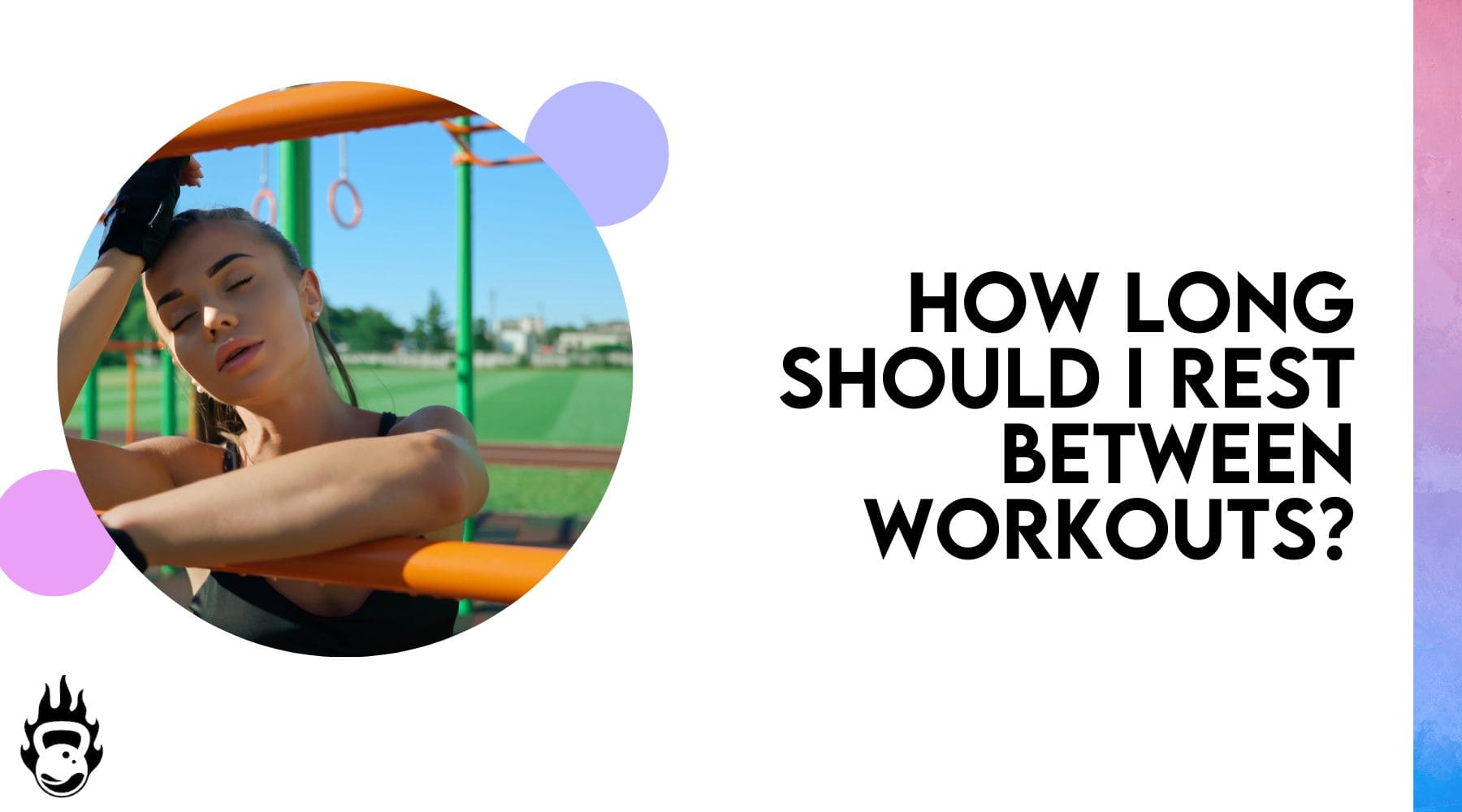
You’re lifting weights almost every day. You’re eating right. But you’re still not seeing significant muscle gains.
Wonder why? It could be because you’re not getting enough REST between workouts!
In this blog, we’re going to tell you all about the benefits of rest periods in training, the rest duration for better results, and a bunch of amazing tips to speed up your recovery.
Why is rest important?
Think muscles are made in the gym? Nope! Muscles are made when you REST after the gym!
When you practice strength training exercises, you actually damage your muscles (in a good way, don’t worry!) by causing micro-tears in them. Your body now understands that your muscle tissue needs to be fixed and made stronger than before to resist the force that caused this damage.
So, when you rest, the body goes into repair mode and synthesizes new muscle protein to fix the torn muscle fibers. As this damage/repair process keeps continuing, your muscles start growing in size and strength.
Importance of rest in fitness
Here’s what happens when you don’t rest between workouts.
1. Loss of Muscle Mass
When you don’t rest between workouts and strength train continuously, your rate of protein breakdown starts exceeding the protein synthesis and thus you end up LOSING muscle mass!
2. Depletion of Glycogen
When you don’t rest between workouts, the glycogen in your muscles gets depleted. This signals your body to take a dip into your protein reserves instead, thus reducing its availability for repairing and rebuilding your muscles.
3. Fatigue and Injuries
Not having workout rest days can result in soreness, and muscle fatigue, and can even lead to strain on your muscles, joints, and connective tissues.

4. Reduced Performance
Not getting enough rest time between workouts can cause a drop in your strength, endurance, and overall exercise performance.
You might like: Do You Lose Weight When You Sweat From Exercise? Truth Revealed
Optimum time for muscle recovery
When it comes to the ideal time to rest between workouts, there is no one-size-fits-all number.
As per the recommendations of the ACE Scientific Advisory Panel, the rest period for muscle recovery could range between 2 days to 1 week depending on the type of exercise.
Depending on the type of workout, ACE recommends the following recovery duration between exercises (when you’re working on the same muscle group):
|
Type of workout |
Rest between workouts |
|
High-intensity exercise |
24 -72 hours |
|
Endurance workouts |
24 hours |
|
Strength workouts |
48-72 hours |
Your recovery time between exercises also depends on several other factors such as:
- Exercise intensity
- Exercise frequency
- Exercise duration
- Your fitness level
- Age
- Nutrition
- Size of the muscle group, etc.
Say you’re doing max effort workouts twice a week. Since these are super high-intensity, you’ll need a minimum of 48-72 hours to recover.
A 50-year-old might need a longer rest period between workouts as compared to a 20-year-old.
Your large muscle groups (think quads and chest) would take a longer time to recover compared to your biceps or triceps.
So, the answer to “how long to rest between workout sessions” all depends on YOU.
Listen to your body and understand how it responds to your workouts. If you’re feeling too sore, fatigued both physically and mentally, or you’ve hit a plateau, you definitely need to increase your rest between workouts.
Tips to speed up recovery
1. Amp up your protein intake
Make sure you eat high-quality protein foods both before (to increase protein synthesis) and after your workouts (to repair muscle damage). Focus on getting at least 0.8 grams of protein per kg of body weight per day.
Foods such as lean meat, eggs, dairy products, nuts, and legumes are all great sources of protein that can keep your muscle-building and recovery on track.
Collagen and whey powders can do the trick, too.
2. Sleep like a baby
Did you know that a whopping 70% of your growth hormones are released during non-REM sleep? These growth hormones play a key role in muscle repair and growth.

So, ditch those late-night movie marathons and go get your 7-9 hours of sleep!
3. Try tart cherry juice
Drinking tart cherry juice after your workout has been proven to decrease inflammation, muscle soreness, and muscle damage. Time to stock up on some cherry juice, eh?
4. Down some chocolate milk
Research shows that the proteins and carbs in chocolate milk help reduce muscle soreness and muscle recovery time. Chocolate lovers, are you listening?
5. Foam roll away
Foam rolling is one of the best ways to remove all those tight knots in your muscles and reduce DOMS.
So, if you don’t have a foam roller yet, here’s your cue to get one (from Burnlab 😉)!
Conclusion
Unlocking your fitness potential isn't just about smashing through consecutive workouts; it's about knowing when to hit pause for progress.
So, find that sweet spot for optimal recovery, rejuvenate, and rock your way to peak performance!
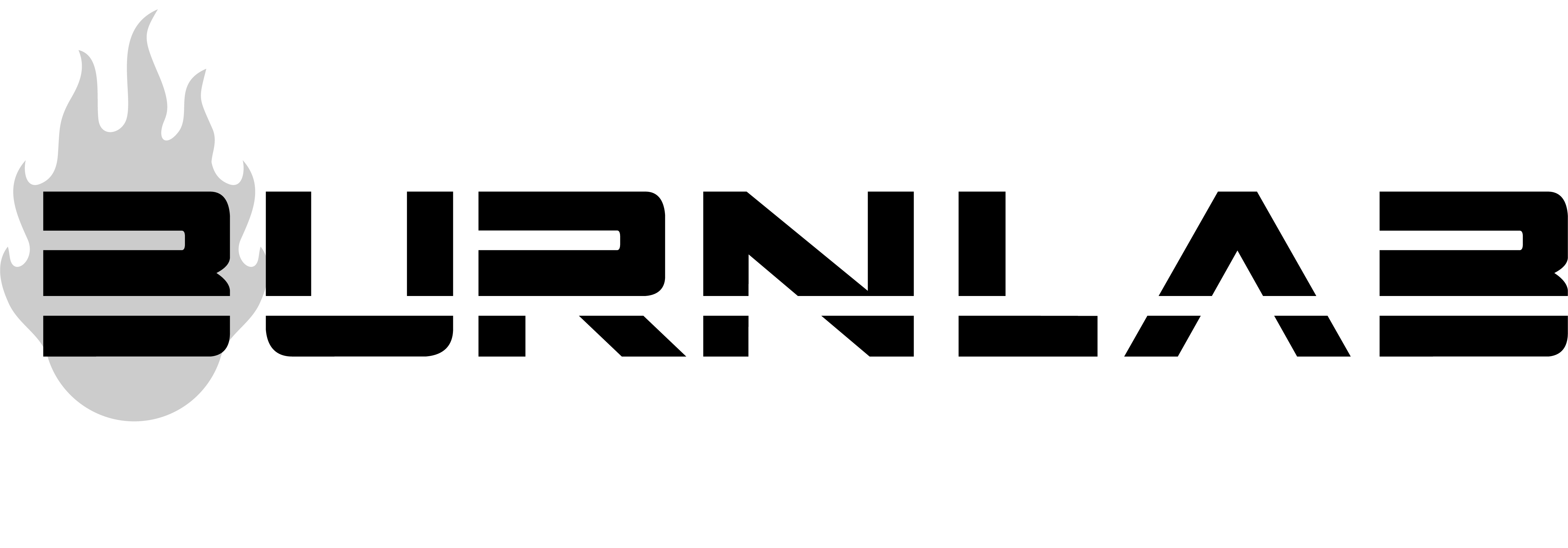

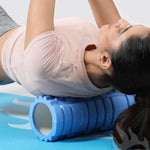

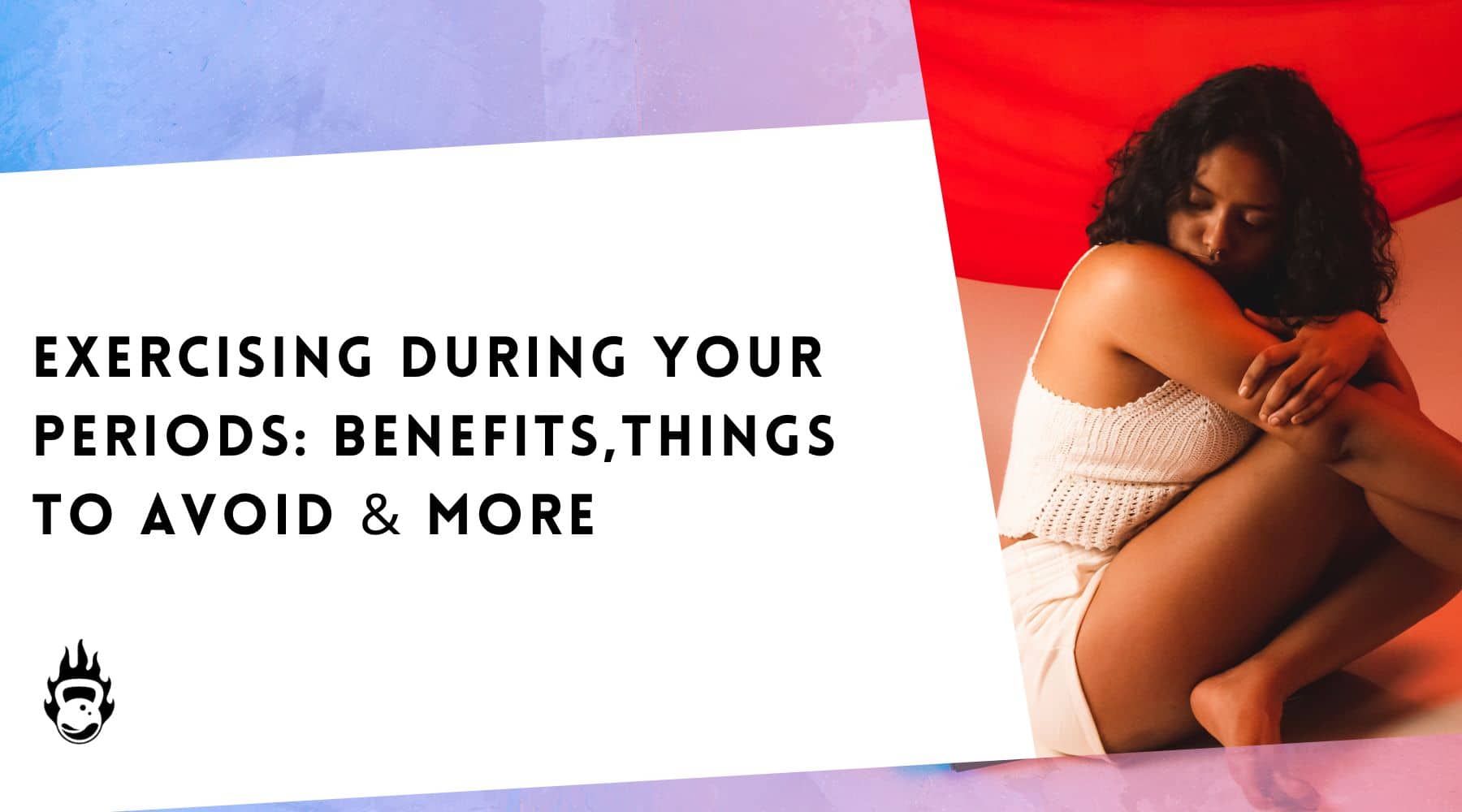
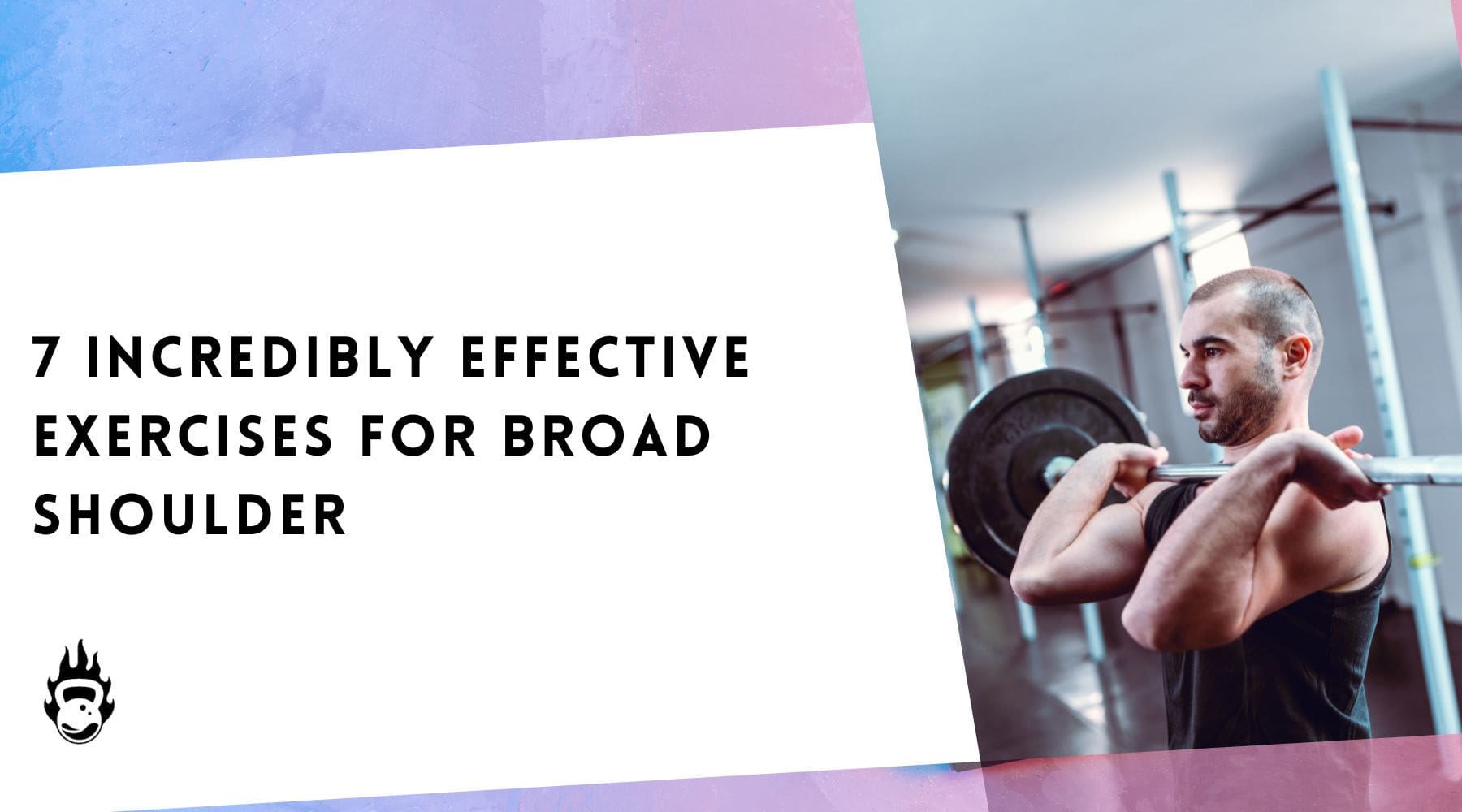
Leave a comment